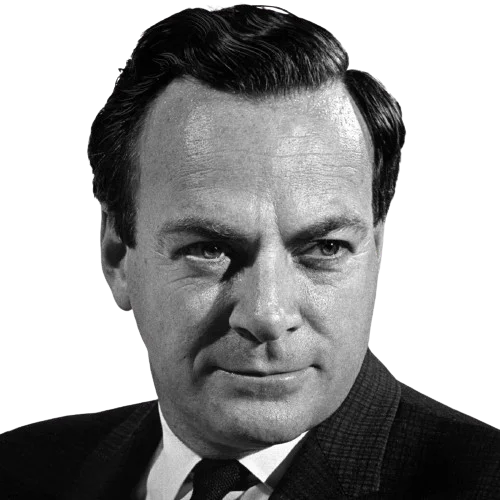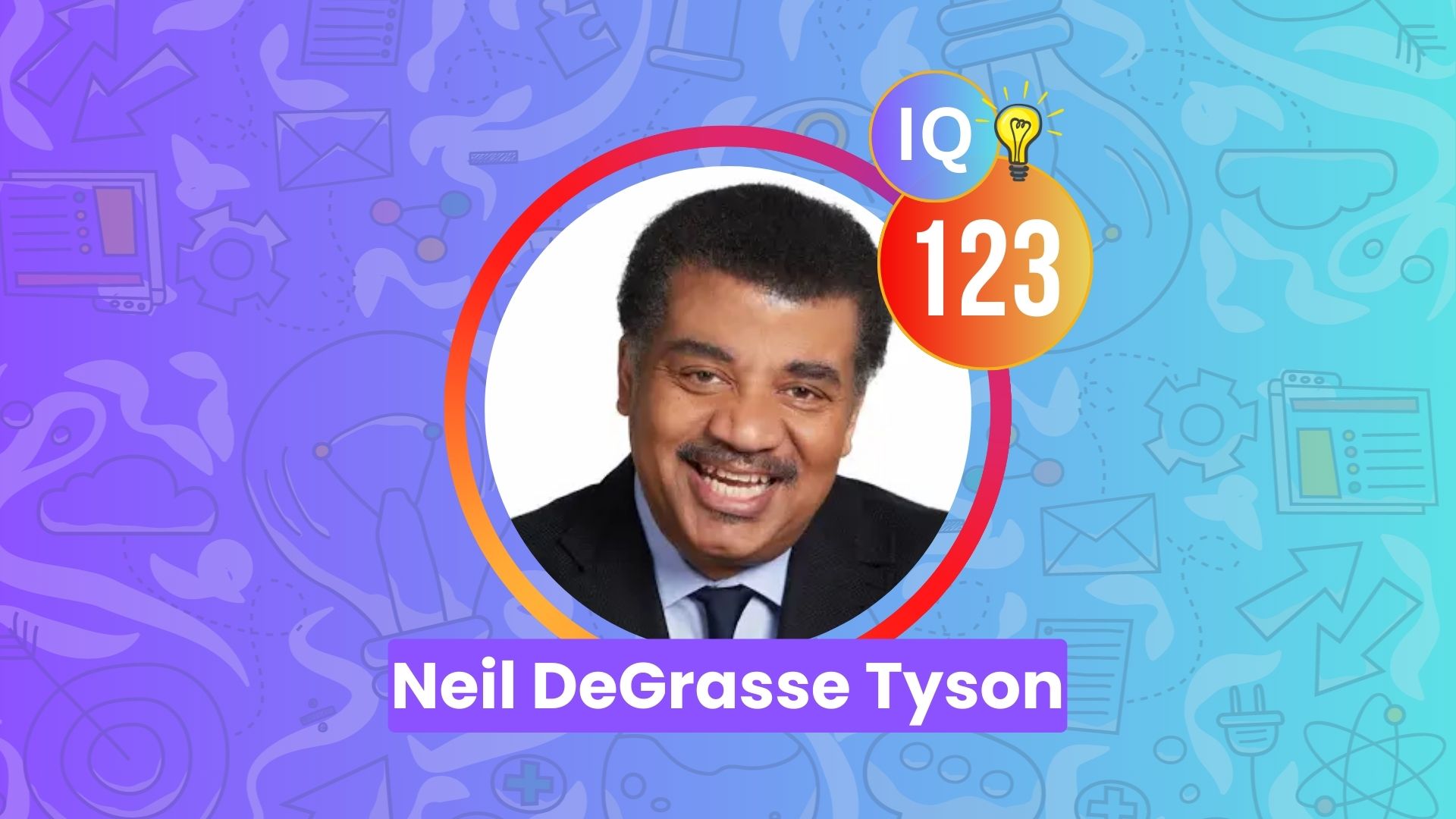Unveiling The Genius: Neil DeGrasse Tyson's IQ And The Mind Behind The Cosmos
Apr 16 2025
When it comes to the brightest minds shaping our understanding of the universe, Neil deGrasse Tyson stands as a beacon of intellectual brilliance. The renowned astrophysicist, science communicator, and author has captivated audiences worldwide with his ability to make complex scientific concepts accessible to everyone. But what about his IQ? Does the man who brings the cosmos to life possess an extraordinary level of intelligence that matches his fame? Let’s dive into this fascinating topic and uncover the truth behind the genius.
Before we jump into the nitty-gritty, let's take a moment to appreciate the man himself. Neil deGrasse Tyson is not just a scientist; he's a cultural icon. His passion for science, combined with his knack for storytelling, has made him a household name. Yet, the question of his IQ remains a topic of intrigue for many. Is it the secret behind his success, or is there more to his brilliance than just numbers?
As we explore the world of IQ and its significance, we’ll uncover what makes Neil deGrasse Tyson so extraordinary. This article will delve into the science behind intelligence, the myths surrounding IQ, and how Tyson's contributions to science and education define his legacy. So, buckle up and get ready to embark on a journey through the mind of one of the greatest science communicators of our time!
Read also:Kat Dennings Height The Real Story Behind The Stars Measurements And More
Who is Neil deGrasse Tyson? A Quick Biography
Before we dive into the specifics of Neil deGrasse Tyson's IQ, let's take a moment to understand the man behind the name. Neil deGrasse Tyson was born on October 5, 1958, in Manhattan, New York City. From a young age, Tyson showed a keen interest in astronomy, which eventually led him to pursue a career in astrophysics. His journey from a curious child to a world-renowned scientist is nothing short of inspiring.
Here’s a quick glimpse into Tyson's life:
Early Life and Education
Growing up in the Bronx, Tyson was captivated by the stars from an early age. At the age of nine, he visited the Hayden Planetarium, an experience that sparked his lifelong fascination with the cosmos. Tyson's academic journey took him to the Bronx High School of Science, followed by Harvard University, where he earned a Bachelor of Science in Physics. He later obtained his Ph.D. in Astrophysics from Columbia University, solidifying his place in the scientific community.
Let’s break it down with some key facts:
- Born: October 5, 1958, in Manhattan, New York City
- Education: Harvard University (B.S.), Columbia University (Ph.D.)
- Profession: Astrophysicist, science communicator, author
Professional Achievements
Neil deGrasse Tyson's professional accomplishments are nothing short of remarkable. He has authored numerous books, hosted popular science programs, and served as the director of the Hayden Planetarium. His ability to simplify complex scientific concepts has made him a favorite among both scientists and the general public. Tyson’s work has not only advanced our understanding of the universe but has also inspired countless individuals to pursue careers in science.
Here’s a snapshot of his achievements:
Read also:Rauw Alejandro Height And Weight The Ultimate Guide
- Director of the Hayden Planetarium
- Host of the popular TV series "Cosmos: A Spacetime Odyssey"
- Author of over a dozen books, including bestsellers like "Astrophysics for People in a Hurry"
Neil deGrasse Tyson's IQ: Fact or Fiction?
Now that we’ve established who Neil deGrasse Tyson is, let’s address the elephant in the room: his IQ. While Tyson himself has never publicly disclosed his IQ score, the internet is rife with speculation. Some sources claim his IQ is as high as 160, placing him in the upper echelons of intellectual brilliance. But is there any truth to these claims?
Understanding IQ and Its Significance
To truly understand the significance of IQ, we need to delve into what it measures. Intelligence Quotient, or IQ, is a standardized measure of cognitive ability. It assesses skills such as problem-solving, logical reasoning, and pattern recognition. However, IQ is not the sole indicator of intelligence. Creativity, emotional intelligence, and practical skills also play crucial roles in defining a person’s intellectual capacity.
In Tyson’s case, his ability to communicate complex ideas in an engaging manner suggests a high level of emotional intelligence. This combination of cognitive and emotional intelligence may be what sets him apart from his peers.
Does IQ Define Success?
While a high IQ can certainly be an asset, it doesn’t guarantee success. Many factors contribute to an individual’s achievements, including perseverance, passion, and opportunities. Neil deGrasse Tyson’s success can be attributed to his relentless curiosity, hard work, and dedication to making science accessible to everyone.
So, while we may never know Tyson’s exact IQ score, it’s clear that his intelligence extends beyond numbers. His ability to inspire and educate millions is a testament to his multifaceted brilliance.
Myths and Misconceptions About IQ
When discussing IQ, it’s important to separate fact from fiction. Over the years, numerous myths have surfaced about the concept of intelligence. Let’s debunk some of the most common misconceptions:
- Myth: A high IQ guarantees success. Fact: Success is influenced by a variety of factors, including emotional intelligence, social skills, and opportunities.
- Myth: IQ is fixed and cannot be improved. Fact: While genetic factors play a role, education and environment can significantly impact cognitive abilities.
- Myth: IQ tests measure all forms of intelligence. Fact: IQ tests primarily assess logical reasoning and problem-solving skills, leaving out other important aspects like creativity and emotional intelligence.
These misconceptions highlight the complexity of intelligence and the limitations of IQ as a measure of intellectual capacity.
Neil deGrasse Tyson's Contributions to Science
Beyond his alleged IQ, Neil deGrasse Tyson’s contributions to science and education are unparalleled. His work has not only advanced our understanding of the universe but has also inspired countless individuals to pursue careers in STEM fields. Let’s explore some of his most notable contributions:
Advancing Astrophysics
As a leading astrophysicist, Tyson has made significant contributions to our understanding of the cosmos. His research has shed light on topics such as black holes, dark matter, and the origins of the universe. His ability to simplify complex concepts has made astrophysics accessible to people of all ages and backgrounds.
Inspiring the Next Generation
One of Tyson’s greatest achievements is his role as a science communicator. Through his books, lectures, and TV appearances, he has inspired countless young minds to explore the wonders of the universe. His passion for science is contagious, and his influence extends far beyond the scientific community.
The Science Behind Intelligence
Understanding intelligence requires a deeper look into the science behind it. While IQ tests provide a snapshot of cognitive abilities, they don’t tell the whole story. Factors such as genetics, environment, and education all play a role in shaping an individual’s intellectual capacity.
Genetic Factors
Research suggests that genetics account for approximately 50-80% of an individual’s intelligence. However, this doesn’t mean that intelligence is predetermined. Environmental factors and education can significantly impact cognitive development.
Environmental Influences
From early childhood experiences to educational opportunities, the environment plays a crucial role in shaping intelligence. Tyson’s upbringing in the Bronx and his exposure to the Hayden Planetarium at a young age likely contributed to his passion for science.
Neil deGrasse Tyson's Legacy
As we reflect on Neil deGrasse Tyson’s life and career, it’s clear that his legacy extends far beyond his alleged IQ. His contributions to science, education, and public outreach have left an indelible mark on society. Tyson’s ability to inspire and educate millions is a testament to his multifaceted brilliance.
Inspiring Future Scientists
Through his work, Tyson has inspired countless individuals to pursue careers in science. His passion for education and his commitment to making science accessible to everyone have opened doors for aspiring scientists around the world.
Shaping the Future of Science Communication
Tyson’s influence extends beyond the scientific community. He has redefined the role of the science communicator, making science relevant and engaging for people of all ages and backgrounds. His ability to bridge the gap between science and the public has set a new standard for science communication.
Conclusion: Beyond the Numbers
In conclusion, Neil deGrasse Tyson’s brilliance cannot be reduced to a single number. While his alleged IQ may be a topic of intrigue, his contributions to science and education define his legacy. Tyson’s ability to inspire and educate millions is a testament to his multifaceted intelligence and unwavering passion for science.
As you reflect on this article, consider the impact of Tyson’s work on your own life. Have his books or TV appearances sparked your curiosity about the universe? Have his teachings inspired you to pursue a career in science? Share your thoughts in the comments below and help spread the word about this remarkable scientist.
Table of Contents
- Who is Neil deGrasse Tyson? A Quick Biography
- Early Life and Education
- Professional Achievements
- Neil deGrasse Tyson's IQ: Fact or Fiction?
- Understanding IQ and Its Significance
- Myths and Misconceptions About IQ
- Neil deGrasse Tyson's Contributions to Science
- The Science Behind Intelligence
- Neil deGrasse Tyson's Legacy
- Conclusion: Beyond the Numbers


